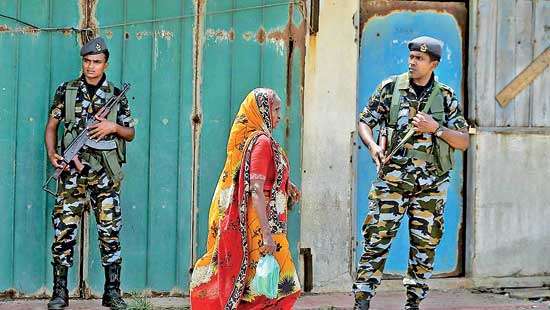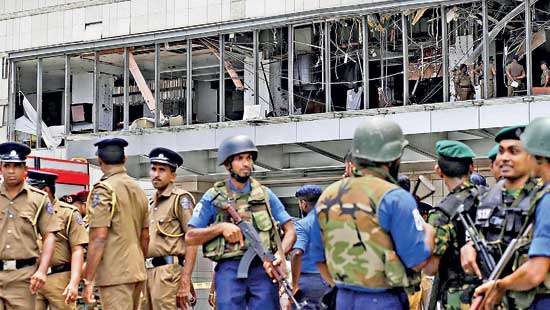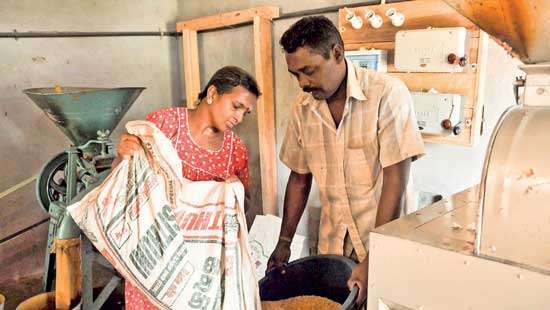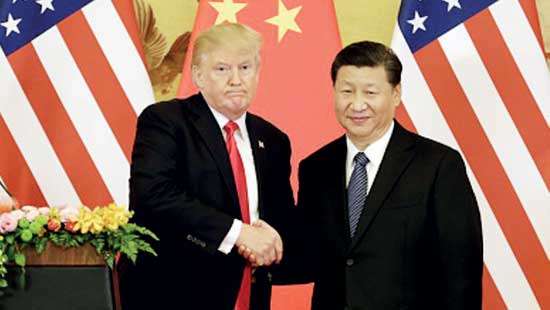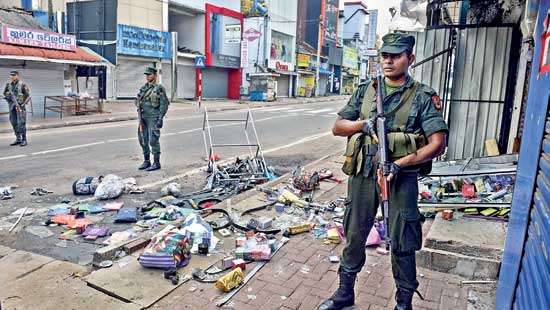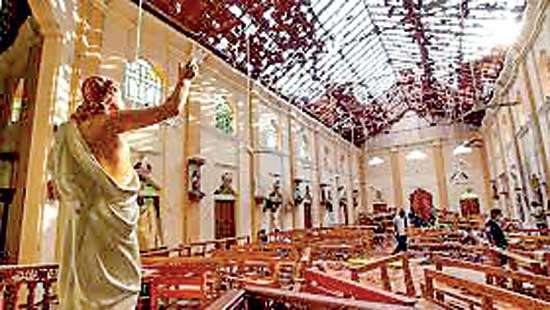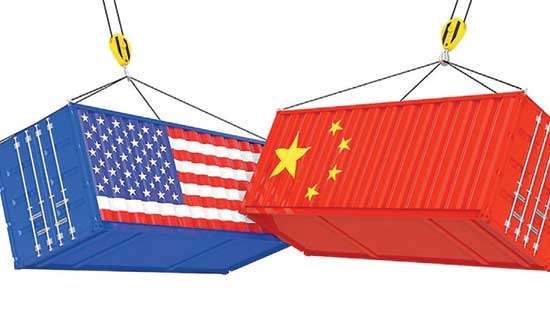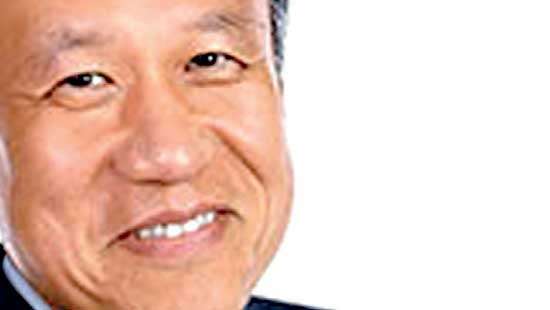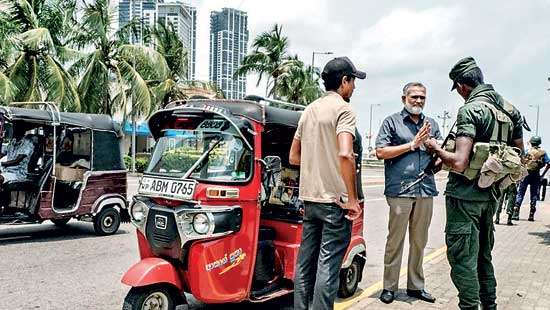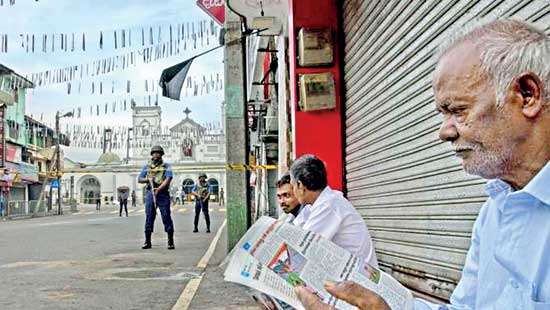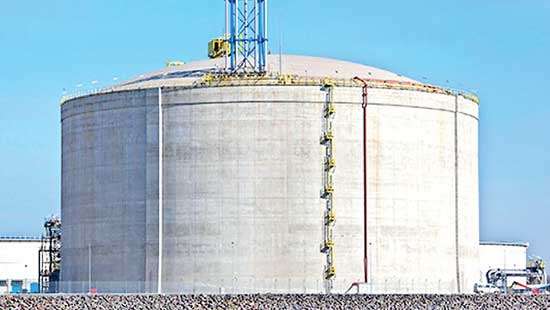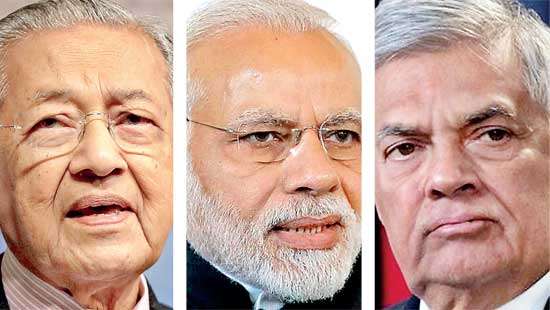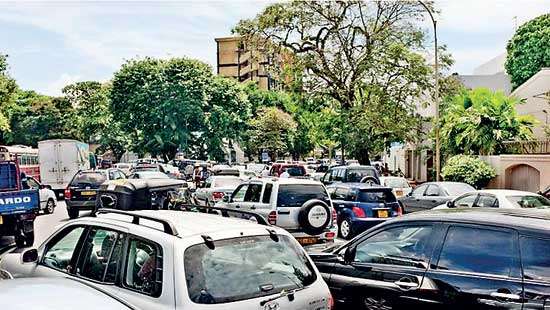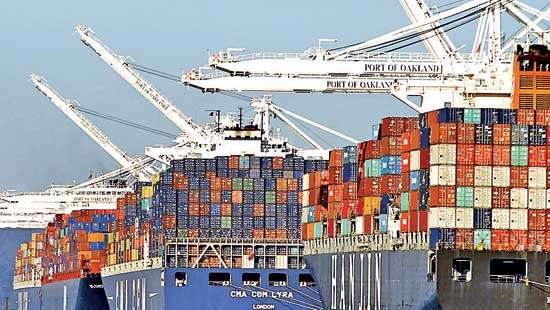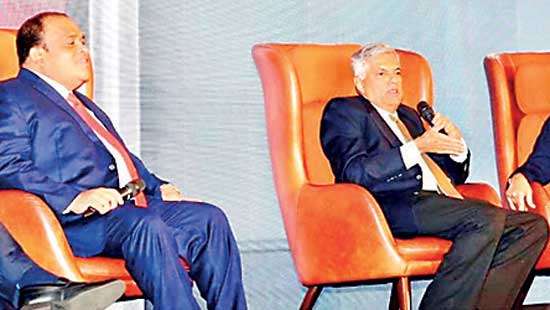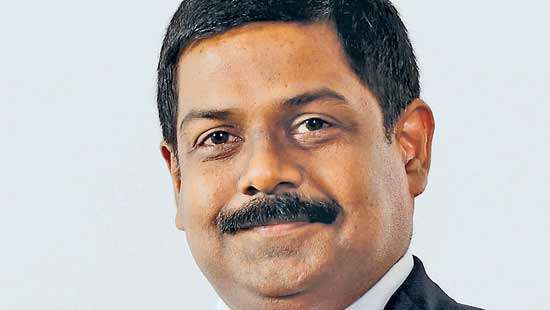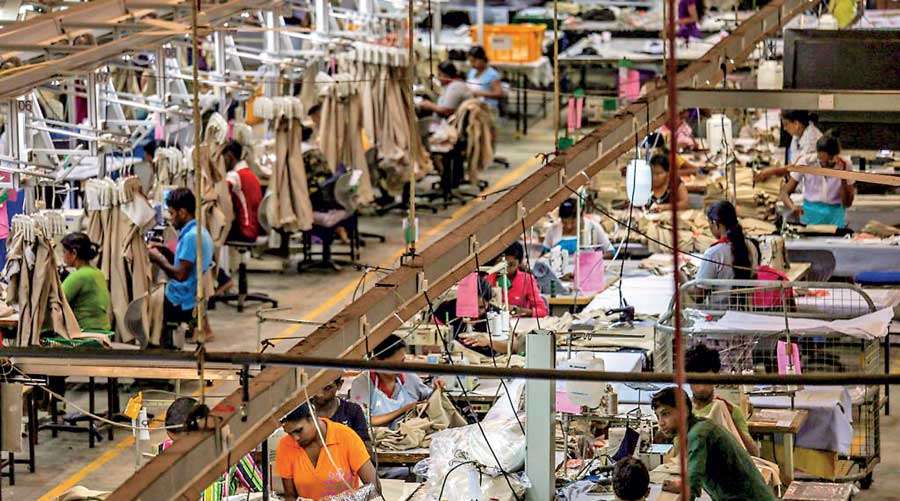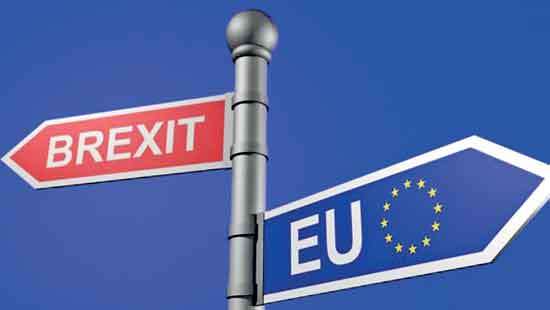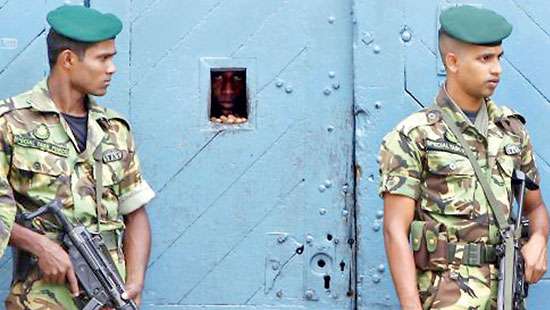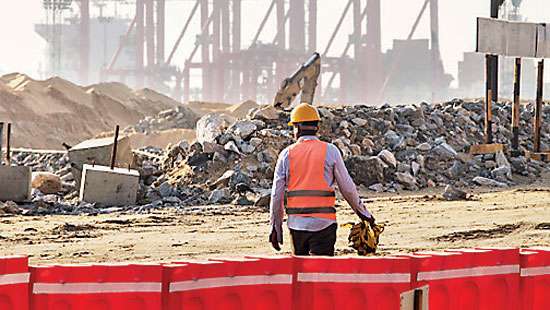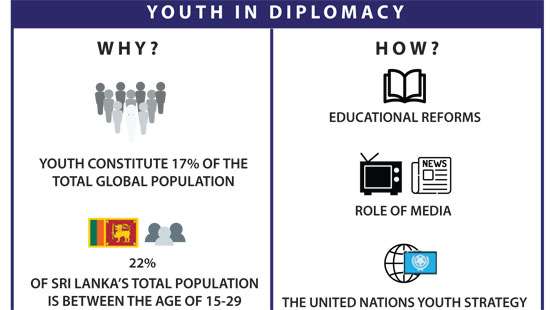Features
Sri Lanka: When national security trumps religious freedom
21 May 2019
 0
0
The fallout from the recent spate of suicide bombings in Sri Lanka highlights the tension between religious freedom as a fundamental human right and national-security concerns. The country’s ban on face coverings — which admittedly impinges on religious liberty — can be justified in light of its struggle to preserve the basic safety of its citizens.
Expecting the unexpected: A business viewpoint
21 May 2019
 0
0
The Easter day bombings in Sri Lanka created a sense of deep fear among the citizens; it still prevails even one month after the incidents. Even in the business sector, these acts of terror have served to create uncertainty within the marketplace. Most analysts believe, if the trend continues for another few weeks, it can lead to investor apprehension and many other adverse financial consequences.
Taking Sri Lankan SMEs global is not just possible, it is inevitable
16 May 2019
 0
0
Sri Lanka’s economy is not growing as fast as its potential would suggest. The final data on the country’s economic performance has not yet been collated, all forecasts point to a GDP growth rate of approximately 3.6 percent in 2018. While this is a definite improvement over the 3.1 percent growth rate witnessed in 2017 – the lowest since 2003 – it is clear that the nation has many obstacles to clear before economic growth can truly take off.
US-China trade impasse: A quick take
16 May 2019
 0
0
With Chinese Vice Premier Liu He scheduled to arrive in Washington late last week, hopes and expectations were rising that the US and China were on the verge of successfully concluding a trade agreement that would cool trade tensions and restore some semblance of stability to the largest bilateral trading relationship in the world.
Sri Lankan attacks and inter-communal relations – Analysis
15 May 2019
 0
0
Sri Lanka has had a turbulent history in recent centuries, especially over the last few decades. This has often been linked to rivalries between communities perceived to be different by either or both religion and ethnicity.
Quality standards – Make or break point of Sri Lanka’s cinnamon industry
14 May 2019
 0
0
Cinnamon is the leading spice commodity of Sri Lanka. It contributed to approximately 54 percent of total spice exports and accounted for 8 percent of total agriculture exports in terms of values, in 2017. During the last decade, Sri Lanka has dominated the world market in cinnamon exports, followed by Indonesia, China and Vietnam. However, these countries produce cassia in huge quantities, whereas Sri Lanka produces pure cinnamon (Cinnamomumzeyl
Everybody blamed somebody when nobody did what anybody could have
14 May 2019
 0
0
It is in the public domain for quite some time that the government of the day has not given priority to the most important ‘national security’ concerns and it did not figure high on the governance agenda since January 2015. Archbishop of Colombo Malcolm Ranjith is also reported to have told the government, in no uncertain terms, that he is utterly displeased with the security measures adopted since the Easter Sunday attacks.
Sri Lanka’s fashion market in turbulent times: A positive outlook
09 May 2019
 0
0
By the time of 4/21 events, Sri Lanka’s fashion industry was about to undergo a paradigm shift. Normalcy and the growth economy that prevailed in the decade long post-conflict period have worked well for this crucial niche industry segment. Colombo was beaming with international fashion shows. Consumers were getting increasingly conscious with international designer brands.
Fortinet continues work on closing cyber skill gap
09 May 2019
 0
0
Fortinet, a global leader in broad, integrated and automated cybersecurity solutions, recently announced it continues to lead the way on training and education in the company’s ongoing efforts to close the cyber security skill gap by rolling out even further expanded training and education initiatives.
Sustainable tourism for sustainable development
08 May 2019
 0
0
Tourism is one of the fastest growing industries in the world and Asia is one of the hottest destinations. Though it generates sizable economic effects, there is a growing recognition that tourism is a double-edged sword. For example, large numbers of tourists can seriously damage the natural and cultural heritage of destinations. However, there are plenty of options available to policymakers to promot
BRI should be positive for commodities, but evidence is elusive
07 May 2019
 0
0
(Launceston, Australia) REUTERS: China’s ambitious Belt and Road Initiative (BRI) is one of those vast programmes that should be positive for global commodities, but finding any concrete proof of increased demand is proving far more elusive.
To explain Sri Lanka’s bombings, look within
07 May 2019
 0
0
On Easter Sunday 2019, Islamist suicide bombers targeted three Christian churches and three hotels in Sri Lanka, killing over 250 people. The so-called Islamic State (IS) claimed responsibility but two little-known local groups, called the Jammiyathul Millathu Ibrahim and National Thowheed Jamaath (NTJ), carried out the attacks.
Counting the cost: Terrorism and its impact on Sri Lankan economy
07 May 2019
 0
0
Terrorism is not an obvious subject for economic analysis. The greatest cost comes in the form of lives lost and injured. However, terror attacks also aim to disrupt economic life and how far they succeed needs to be assessed and evaluated.
The day the nation was let down by ITS leaders
02 May 2019
 0
0
On Easter Sunday, my wife and I attended the Easter Sunday Mass at 6:30 a.m. at All Saints Church, Colombo 8, then visited Cinnamon Grand, returned home by around 9:15 a.m. only to hear the reports of explosions in three churches in Negombo, Batticaloa and Kochchikade.
The Global Economy: A Delicate Moment
11 Apr 2019
 0
0
A year ago, economic activity was accelerating in almost all regions of the world. One year later, much has changed. The escalation of US–China trade tensions, needed credit tightening in China, macroeconomic stress in Argentina and Turkey, disruptions to the auto sector in Germany, and financial tightening alongside the normalization of monetary policy in the larger advanced economies have all contributed to a significantly weakened global expan
Economic forces, not tariffs, drive changes in trade balances
10 Apr 2019
 0
0
Bilateral trade balances (the difference in the value of exports and imports between two countries) have come under scrutiny recently. Some policymakers are concerned that their large and rising size are the result of uneven measures that distort international trade. But is a focus on bilateral trade balances the right one? The short answer is no. Our research in Chapter 4 of the April 2019 World Economic Outlook finds that a tariff-induced chang
What will it take to make Sri Lanka a developed nation?
10 Apr 2019
 0
0
Prime Minister Ranil Wickremesinghe and business tycoon Dammika Perera gave their perspectives at the packed Fireside, organised by the Daily FT, International Chamber of Commerce Sri Lanka and CIMA, at The Hilton Colombo, recently, saying Sri Lanka has a complex set of problems, as it is a low-middle-income country with very high debt, an aging population and limited exports and investment. Sri Lanka is facing a bunching of debt till about
ComBank chief sees NPAs posing challenges to banking sector performance this year too
04 Apr 2019
 0
0
‘Mirror Business S&P SL20 Insights’ is conducted in collaboration with the Colombo Stock Exchange (CSE) as an investor relations initiative. The column encourages S&P SL20 companies to bring attention to the developments in the industry, company and discuss the growth prospects.
What Brexit means for UK-Sri Lanka trade
03 Apr 2019
 0
0
The United Kingdom is one of the major trading partners of Sri Lanka, amounting to over 10 percent of the total annual trade. The trade between the two countries has been on the upsurge for the last 18 years. In this context, the GSP Plus scheme under which Sri Lanka observes a great deal of preferential market access to the European Union (EU), including the UK, paves the way to an immense potenti
Will Sri Lanka’s hard line on drugs produce results?
02 Apr 2019
 0
0
Sri Lanka’s move in February 2019 to bring back capital punishment for convicted drug offenders has put a spotlight on the growth of narcotics-related crime in the country. The government’s apparent tough stance is in response to concerns that Sri Lanka is re-emerging as a transit hub for global drug trafficking networks.
Belt and Road Friend in Need: China and Sri Lanka
02 Apr 2019
 0
0
In recent years, with the continuous improvement of the economic and trade cooperation between China and Sri Lanka, Chinese enterprises have made leaps and bounds in their investment in Sri Lanka and signed contracts to invest in large-scale projects.
Why is it important to get youth involved in foreign affairs and how?
02 Apr 2019
 1
1
Youth constitute 16 percent of the world’s population and these numbers are projected to increase to 17 percent by 2030. In addition, young people today are connected to each other like never before and are a core demographic in the using and building of disruptive new technologies, global social and clean energy networks.

Fonterra to proceed with sale process for Consumer businesses
02 Apr 2019
 1
1

BOI signs US$ 12.16mn deal with Celogen Lanka
02 Apr 2019
 1
1

Nissan to lay off thousands of workers as sales drop
02 Apr 2019
 1
1

EU Ambassador meets new BOI Chief to discuss economic ties
02 Apr 2019
 1
1

SLCERT warns WhatsApp users against sharing OTPs to prevent hacking
02 Apr 2019
 1
1

A clean sweep for NPP
02 Apr 2019
 1
1

Thai woman smuggling Kush on election night stopped at BIA
02 Apr 2019
 1
1

NPP’s attractive policies weaned people away from other parties: SJB
02 Apr 2019
 1
1


